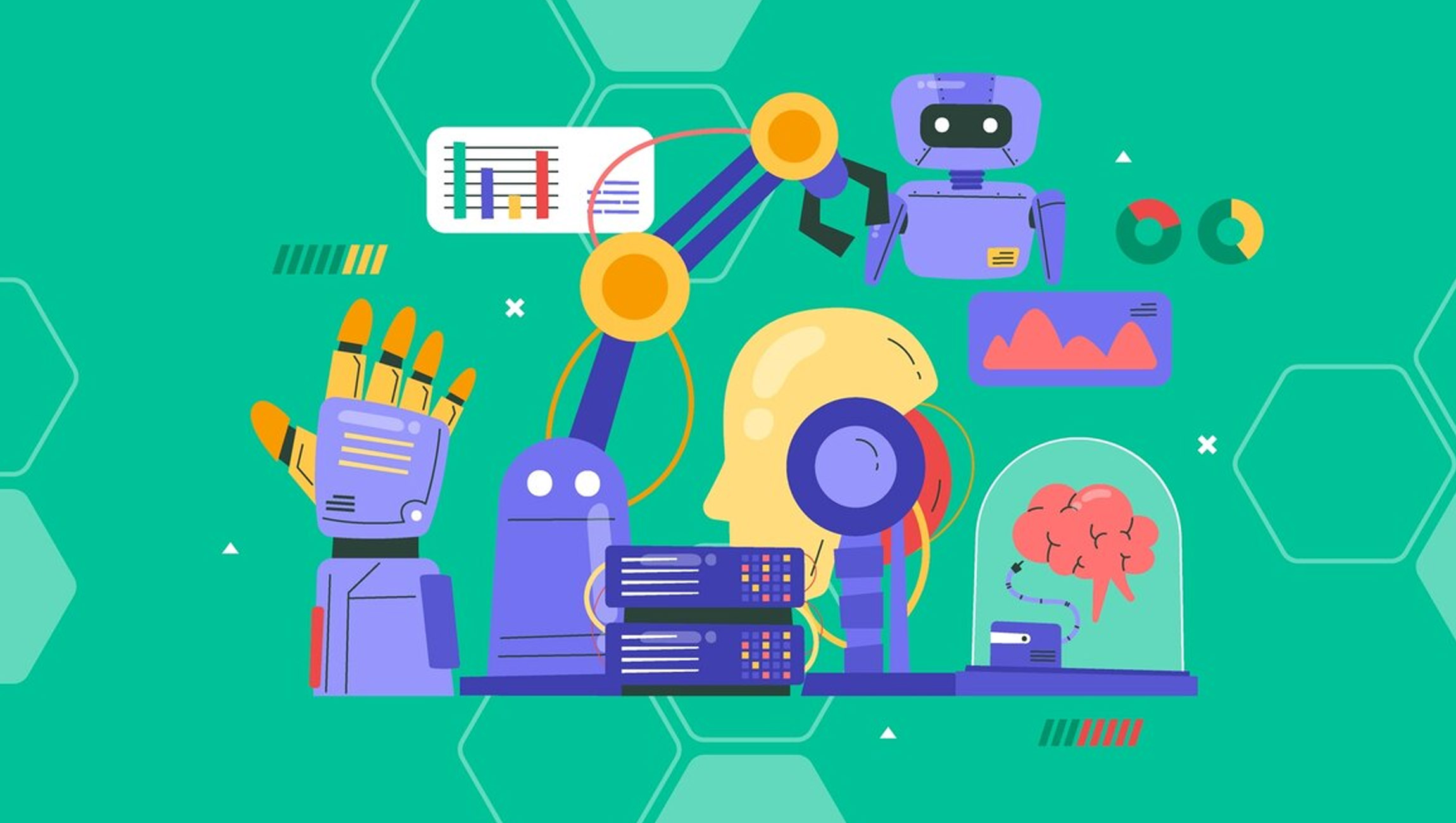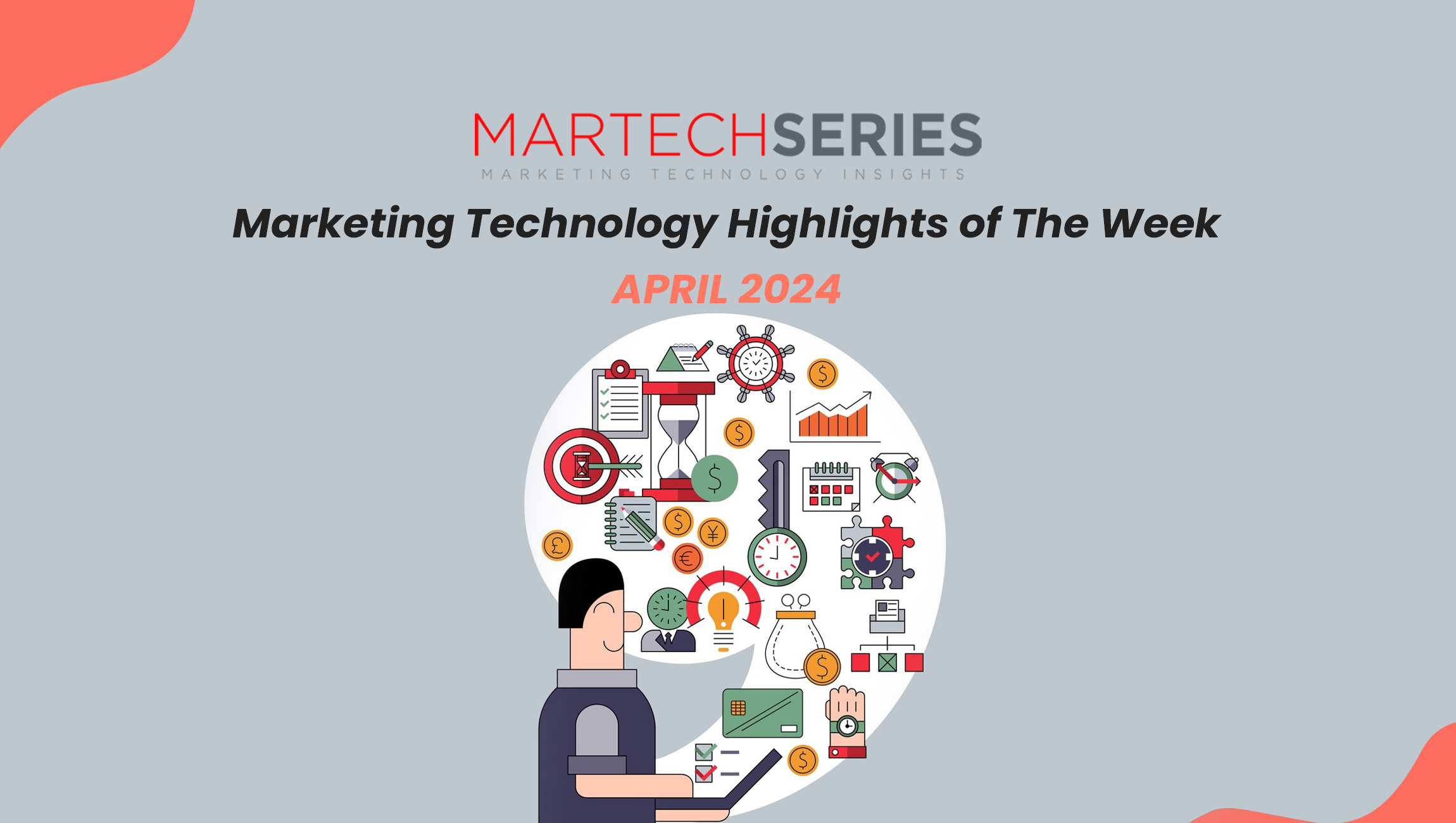Vaishnavi Vaidya is the primary staff author of this article
Great story telling leads to great business. Today, Content Marketing has become essential for consumers to drive digital transformation across various aspects of business. Unlike in the past, where marketing was relegated to a small department within organizations and focused solely on the early stages of business, the demand for content marketing has now grown significantly. We witness companies and brands embracing a digital-first approach, indicating their prioritization of content throughout all stages of their business journey.
Content marketing has been talking of the town since ages still businesses today are turning blind to the things they are seeing. Let’s first delve into what changes content marketing has brought to the businesses:
Shift in Consumer Behavior:
- Empowered Consumers: Today’s consumers are savvier than ever. They actively research products and services online before making a purchase. Traditional interruptive advertising (think commercials) is less effective as consumers can easily ignore it.
- Demand for Valuable Content: Consumers are bombarded with marketing messages. They crave informative, educational, and entertaining content that helps them solve problems or make better decisions. Content marketing provides this value and builds trust with potential customers.
The Rise of Digital Marketing:
- Content is King: Search engines prioritize websites with high-quality, relevant content. Content marketing helps improve search engine ranking (SEO), making your business more discoverable online.
- Omnichannel Marketing: Content is the fuel for all digital marketing channels, from social media to email marketing. It allows you to create a consistent brand message across different platforms.
Long-Term Benefits of Content Marketing:
- Builds Relationships: By providing valuable content, you establish yourself as a thought leader in your industry. This fosters trust and credibility with potential customers, leading to stronger relationships.
- Cost-Effective: Compared to traditional advertising, content marketing can be a more cost-effective way to reach your target audience. The content you create can continue to generate leads and sales for months or even years to come.
- Measurable Results: With content marketing, you can track key metrics such as website traffic, engagement, and conversions. This data allows you to measure the effectiveness of your content and make adjustments as needed.
How significant AI is for content marketing?
According to Hubspot, AI in marketing as spends and use is likely to hit $107.5 billion by 2028. It’s a massive increase from $15.84 billion in 2021.
33% of marketers who use AI generally use it to generate ideas or inspiration for creating the marketing content.
Gartner® predicts that by 2025, about 30% of big companies’ marketing messages will be personalized with Generative AI tools, compared to just under 2% in 2022. AI tools for writing, like Generative AI, have shown to be very effective.
Improved Content Performance:
- AI-powered content optimization can lead to better search engine ranking (SEO) due to its ability to identify relevant keywords and user intent. This translates to increased organic traffic.
- Content personalization with AI allows for content that resonates more with specific audience segments, leading to higher engagement metrics like click-through rates and time spent on content.
Enhanced Efficiency and Scalability:
- AI automates repetitive tasks like content scheduling and social media posting, freeing up marketers’ time to focus on creative content strategy and analysis.
- AI writing assistants can generate drafts and content variations at scale, allowing marketers to produce more content without sacrificing quality.
Data-Driven Decision Making:
- AI provides real-time performance insights on content, enabling marketers to identify what’s working and what’s not. This allows for data-driven adjustments to optimize content and maximize results.
- Predictive analytics powered by AI can forecast how different content approaches will perform, allowing marketers to make informed decisions about resource allocation and content strategy.
Examples of Successful AI Integration:
- Coca-Cola used AI to create personalized video ads for their “Share a Coke” campaign, achieving significant social media buzz and audience engagement.
- The New York Times utilizes AI to personalize article recommendations for readers based on their past reading history, leading to increased reader satisfaction and content consumption.
Marketing Technology News: MarTech Interview with Clate Mask, CEO and Co-Founder @ Keap
How AI transforms the content lifecycle:
Now that we have already discovered how AI is uplifting the content marketing strategies, be you are a start-up or a veteran in the industry, you need to know how to exactly use it for at different stages. Content marketing is not like a magic bullet, like whenever you think of it, an amazing content appears in front of you. Let’s delve into how AI puts its golden charm to the different stages of content lifecycle:
1. Content Ideation and Research:
- Topic Brainstorming: AI can analyze vast amounts of data, including social media trends, search engine queries, and competitor content, to suggest relevant and engaging content ideas.
- Content Gap Analysis: AI can identify gaps in your existing content strategy by analyzing what topics your target audience is searching for but you haven’t covered yet.
Popular tools for this:
- MarketMuse: Analyzes search engine data and competitor content to suggest content topics and identify content gaps in your strategy.
- BuzzSumo: Uses AI to identify trending topics and content that’s performing well on social media, helping you discover what resonates with your audience.
- Ahrefs: Offers AI-powered content explorer tools to research high-performing content and identify relevant keywords for your content strategy.
2. Content Creation:
- AI-powered Writing Assistance: AI writing tools can help draft content outlines, generate different content formats (blog posts, social media captions), and even suggest headlines and titles that are likely to get clicks.
- Data Visualization and Personalization: AI can personalize content by tailoring it to specific audience segments and generate data visualizations like charts and infographics to enhance content comprehension.
Popular tools used for this:
- Jasper: A popular AI writing assistant that helps draft content outlines, generate different content formats (blog posts, social media captions), and suggest headlines and titles.
- Copy AI: Another AI writing assistant that can help with various content creation tasks, including writing product descriptions, blog intros and conclusions, and even creating creative marketing copy.
- Writesonic: Offers a suite of AI writing tools for generating long-form content, website copy, and even writing different creative content formats like scripts and poems.
3. Content Distribution and Promotion:
- Automated Scheduling and Optimization: AI can schedule your content across different channels at optimal times for maximum reach and engagement.
- Targeted Audience Identification: AI can analyze user data and demographics to identify the ideal audience segments for each piece of content, ensuring it reaches the right people.
Popular tools used:
- Hootsuite Amplify: Uses AI to identify the best times to post on social media for maximum reach and engagement, helping you schedule your content strategically.
- OutreachPlus: Leverages AI to personalize email outreach campaigns and send targeted messages to potential customers and influencers.
- Later: Offers AI-powered social media scheduling tools that suggest optimal posting times based on your audience’s historical engagement patterns.
4. Content Performance Analysis and Optimization:
- Real-time Performance Tracking: AI can track content performance metrics like website traffic, engagement, and conversions in real-time, allowing for quick adjustments to optimize content for better results.
- Predictive Analytics: AI can predict how different content variations will perform, helping you make data-driven decisions about content strategy and resource allocation.
Popular tools used:
- Semrush: Provides AI-powered analytics tools that track your content’s performance on search engines and social media, helping you identify areas for improvement.
- ClickTale: Uses AI to analyze user behavior on your website, allowing you to see how users interact with your content and identify areas for optimization.
- Crazy Egg: Offers heatmap and session recording tools powered by AI to visualize user behavior and understand how visitors engage with your content.
Understand better with an example:
Imagine you’re a company selling fitness equipment. Traditionally, you might brainstorm content ideas based on internal discussions. With AI, you can analyze social media trends to see what exercises people are interested in and identify any gaps in your content related to those exercises. Then, you can leverage AI writing assistants to draft a blog post on that topic and personalize it for different audience segments (beginners, advanced exercisers). Finally, AI can schedule the post for optimal reach and track its performance to see if it resonates with your audience.
Conclusion:
Presence of AI in content marketing is growing continuously, it’s important to understand the team’s requirement and spend time learning. In order to meet the growing demand of hyper personalization, it’s important to use AI-enabled content technology. According to Gartner these platforms allow creative teams to automate the workflow, achieve greater efficiency and reduce the budgets. Without AI-generated marketing content, hyper-personalization and continuously crafting compelling content would be logistically and incredibly expensive. It empowers marketers to be more efficient, data-driven, and ultimately create content that resonates better with their target audience.
Marketing Technology News: Podcasts versus Webinars: What’s in it for B2B Marketers?
________











